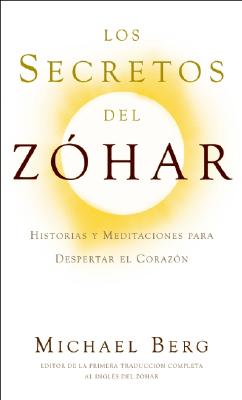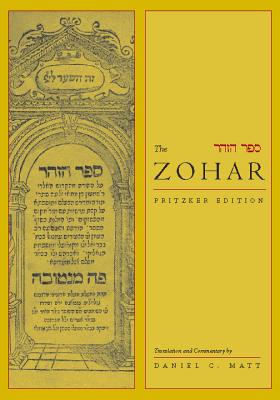
description
that try to relate two distinct areas of human knowledge: the mystical cosmology of G. I. Gurdjieff, based, according to him, on ancient wisdom, and the discoveries and theories of modern science. Christian Wertenbaker, MD early on developed three basic convictions: First, that, on reading the personal accounts of people who had interacted with G. I. Gurdjieff, it was clear that he possessed a degree of awareness, attention, perception, knowledge, and ability to act that put him on another level compared to ordinary people; because of that, and the lucidity of his descriptions of the human condition, it was necessary to give credence to his ideas about the nature of the universe, of man, and of their relationship. Second, that the method of modern science is a generally valid and honest way to arrive at truths about the nature of the world, with one caveat: because science deliberately tries to be objective and to remove the subjectivity of the observer from its deliberations, its findings may only apply to the external world, leaving the inner world of conscious beings to another realm of inquiry. Third, that there is nevertheless only one world, and so all truths about it must be compatible and related.
These principles have guided these essays, some of which have been published in Parabola magazine over the last fifteen years. They represent a personal quest for a more comprehensive truth about the nature of the world. To pursue his aim of reconciling Gurdjieff's ideas and modern science, Dr. Wertenbaker studied the sciences broadly in college, then went on to medical school and to postgraduate training in neurophysiology, neurology, neuro-ophthalmology and ophthalmology. He also became a member of the Gurdjieff Foundation, devoted to exploring and pursuing Gurdjieff's ideas and aims.
These principles have guided these essays, some of which have been published in Parabola magazine over the last fifteen years. They represent a personal quest for a more comprehensive truth about the nature of the world. To pursue his aim of reconciling Gurdjieff's ideas and modern science, Dr. Wertenbaker studied the sciences broadly in college, then went on to medical school and to postgraduate training in neurophysiology, neurology, neuro-ophthalmology and ophthalmology. He also became a member of the Gurdjieff Foundation, devoted to exploring and pursuing Gurdjieff's ideas and aims.
member goods
No member items were found under this heading.
Return Policy
All sales are final
Shipping
No special shipping considerations available.
Shipping fees determined at checkout.







